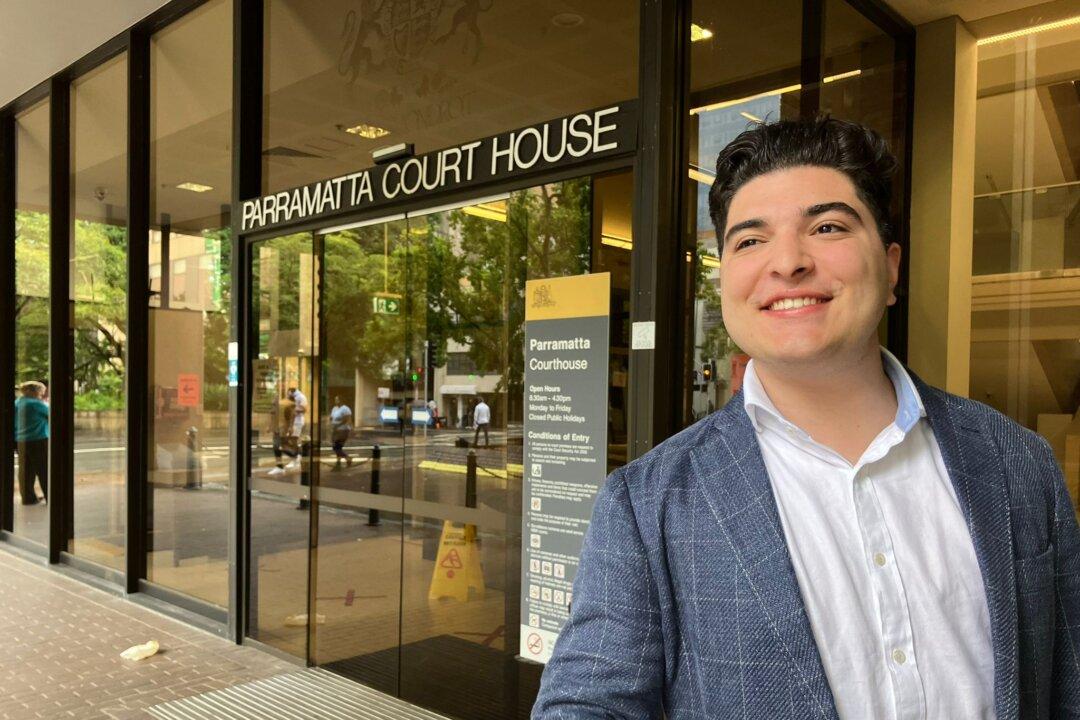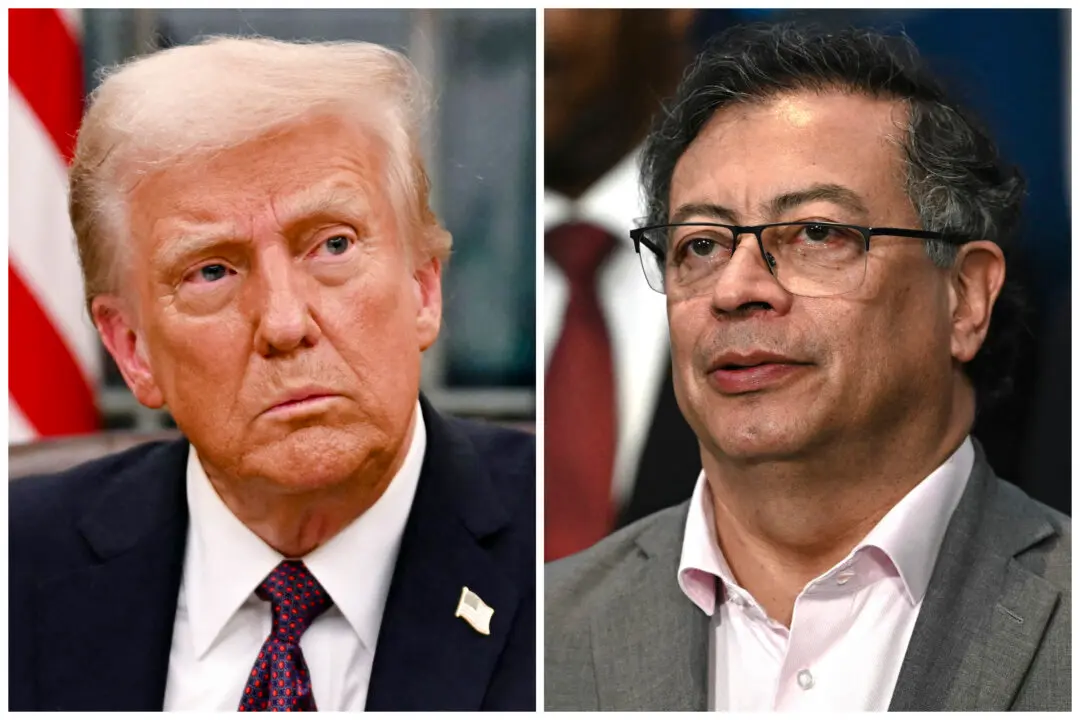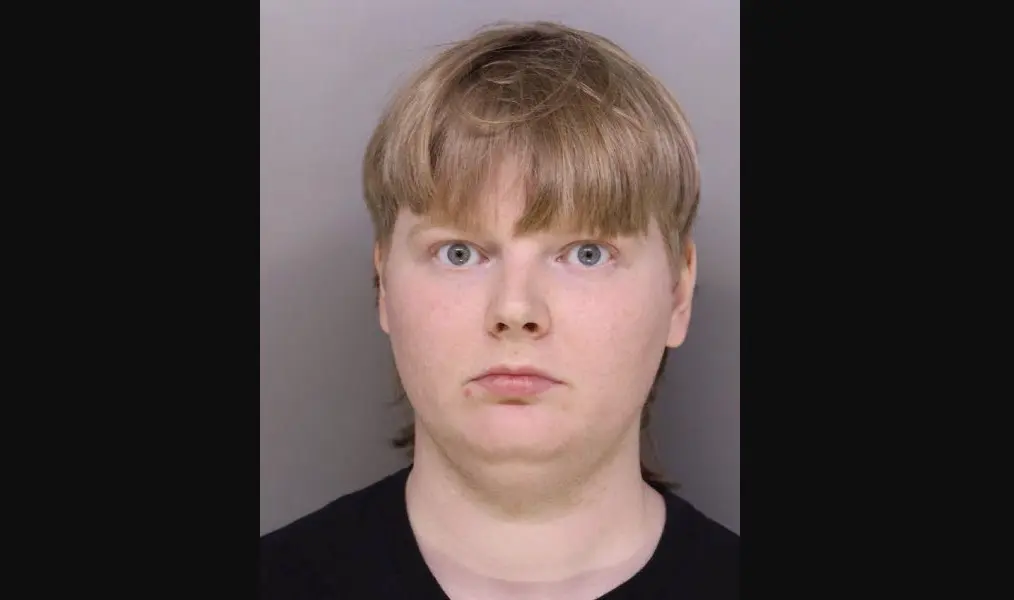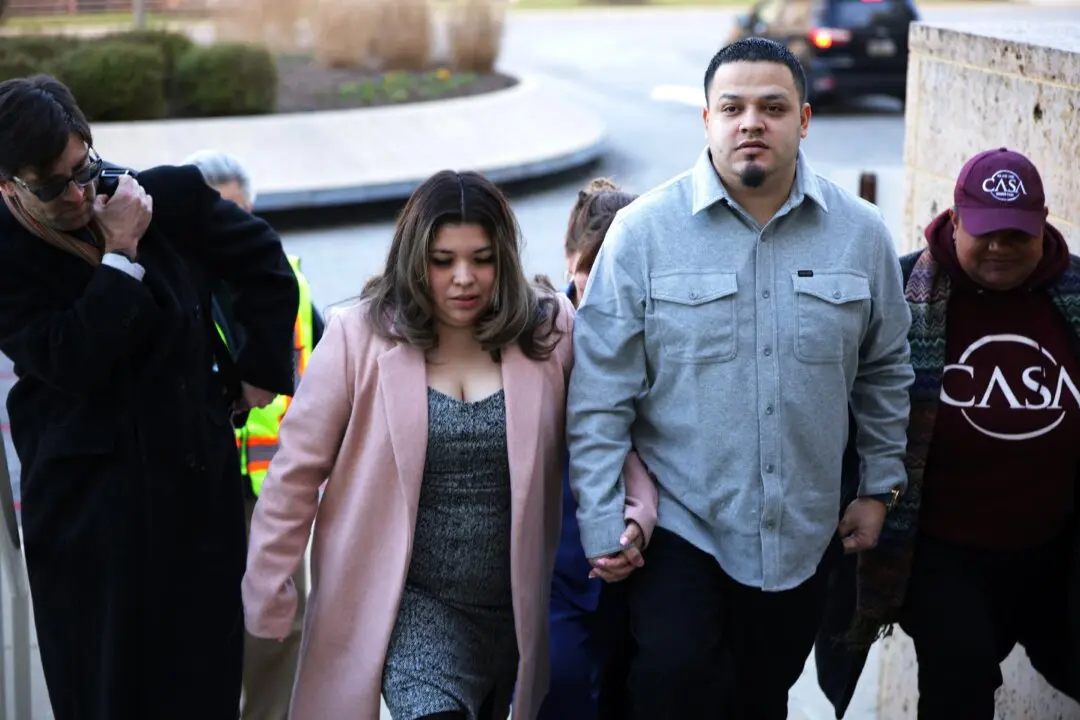SYDNEY, Australia—A local court in Sydney has thrown out all charges brought by the NSW Police against a 23-year-old China activist, dismissing two charges in two days.
NSW Police accused activist Drew Pavlou of failure to obey a move-on order from officers last May when scuffles broke out at a protest he had organised. Police also accused Pavlou of offensive behaviour for holding an anti-Xi Jinping sign in late April.





